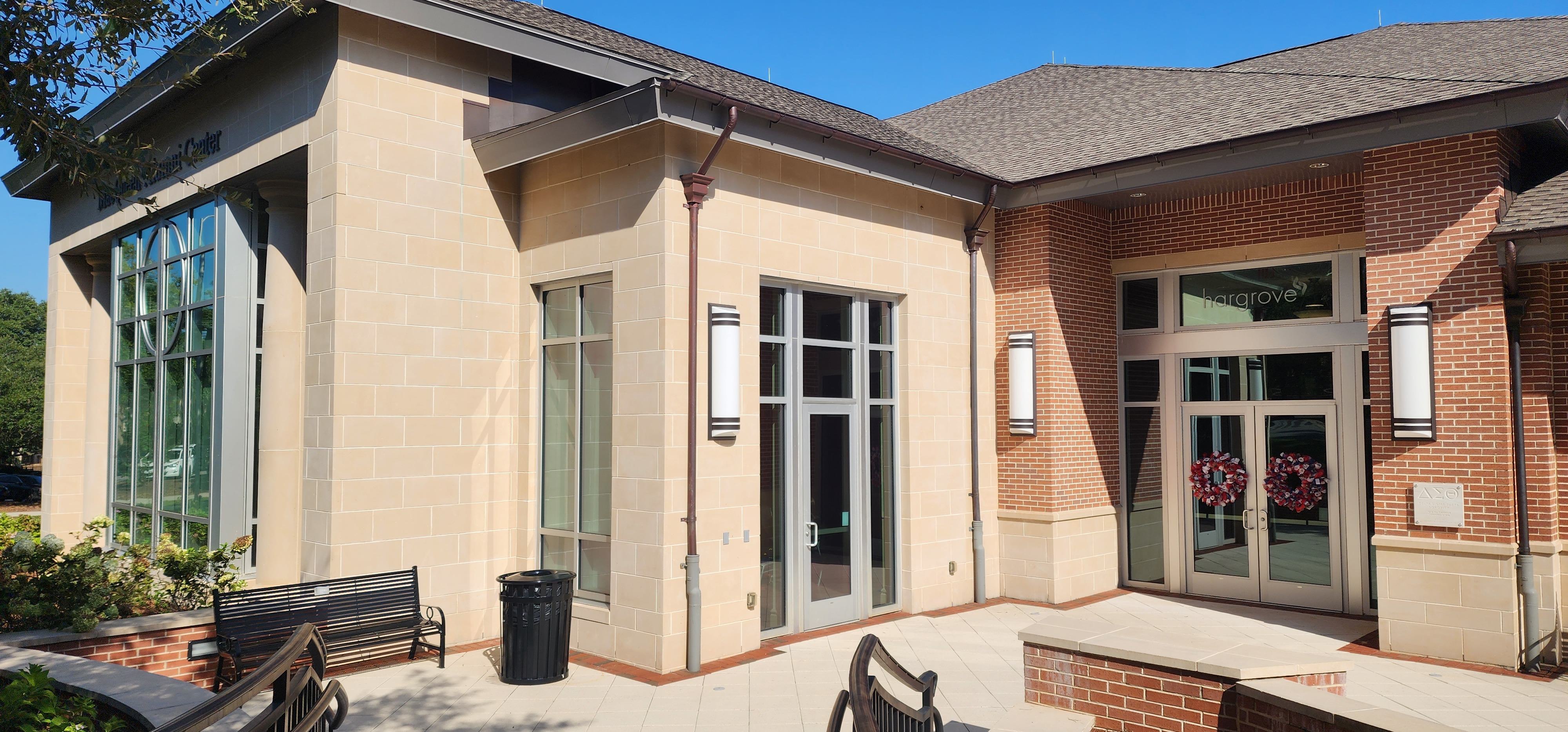MOBILE — The Supreme Court of Alabama heard the consolidated cases of three families seeking compensation after claiming a Mobile Infirmary patient destroyed their embryos.
The Mobile Circuit Court previously dismissed the cases of the LePage, Fonde and Aysenne families, so they appealed the decision.
The three families had embryos stored at the facility. On Dec. 20, 2020, a patient "eloped from his hospital room," according to the complaint, and went into the fertility clinic and embryology laboratory and removed the plaintiff's embryos.
The plaintiffs claimed wrongful death and negligence, arguing the hospital should have protected the area where the embryos were being stored. They also said the patient should not have had access to that part of the hospital.
Attorneys for the plaintiffs argued that even if Alabama law does not consider the embryos as "embryotic children," the clients should be entitled to compensatory damages for the cost of the embryos, severe mental anguish and emotional distress.
Mobile County Circuit Judge Jill Parrish Phillips dismissed the cases after the defendants argued that "Alabama law does not recognize or support a finding that an extrauterine, in vitro, cryopreserved embryo, not yet implanted or developing in utero, is a 'minor child.'"
Attorneys for the plaintiffs said Tuesday that the issue shouldn't be about the political argument concerning when life begins but about the hospital being responsible for protecting embryos.
The argument from the plaintiffs focused on whether embryos should be protected under Alabama law. They pointed out a similar case in San Francisco, where the families won.
Justice Greg Cook said he wasn't interested in following California case law but asked if a lesser charge was available other than wrongful death. Attorneys said they believe wrongful death is the proper remedy.
Justice Alissa Kelli Wise asked who should determine the value of life: the Executive Branch or the legislature.
Christian Hines, representing the Mobile Infirmary, told the Court the legislature has already used the term "in utero" and not "in vitro" when defining which humans are protected under the Brody Act, a law passed to allow for a homicide charge in cases of the killing of unborn children.
Justice Greg Shaw said the question should be, "Is an embryo in-vitro a human being?"
The Court will decide on the case at a later date.
To connect with the author of this story or to comment, email erica.thomas@1819news.com.
Don't miss out! Subscribe to our newsletter and get our top stories every weekday morning.










